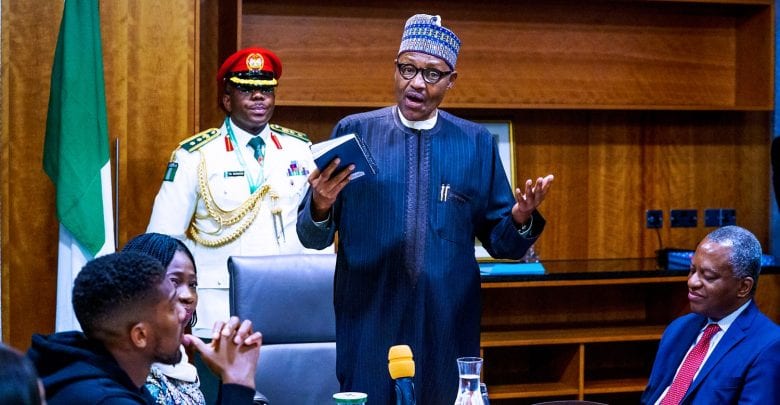
Britain has officially left the European Union in a fashion the government has termed ‘historic’.
The 47 years old alliance with the Union was severed on 1st February 12:00 am Nigerian time, leading to early morning celebrations and anti-Brexit protests across the country. Prime Minister Boris Johnson says by helping Britain sever ties with the EU, his government had “obeyed the people” who voted for Brexit in a 2016 referendum to opt-out of the Union.
The departure from the EU would only effect little changes to the European Nation’s architecture. However, the major restriction formerly faced by the nation on making formal trade negotiations with other countries would be lifted after the expiration of an 11-month transition period spelt out by the EU. While being an EU member, UK had not been allowed to set its own trade policy, a situation Brexit advocates says is detrimental to the country.
Despite having to enjoy unrestricted trade negotiations following the 11 months transition, extra charges on goods and other trade barriers would be accrued by the nation if it doesn’t agree to a UK-EU trade deal.
How would Brexit affect Nigeria
Britain colonized Nigeria in 1901. Although it gave the country independence 59 years later, both nations still share gainful economic ties. Some experts expect the minor general impact of Brexit on the Nigerian economy, however, others have alleged that by reason of an oil-reliant economy, most foreign direct investments(FDI) would be halted in the country.
Following the same claim, other commentators have stated that the Gross Domestic Product (GDP) of the United Kingdom would dwindle over time, making a weaker UK nation less desirous in continuing its investment in development projects in Nigeria.
Still, on the disadvantage, the UK is expected to tighten its visa issuance to countries after the 11 month transition period. Nigerian Visa applicants to the UK which are one of the highest would be caught up with stringent immigration policy. Any such immigration policy might also affect the about 190,000 Nigerians living in the country.
Reacting to the development, a professor of International Law and Jurisprudence, Akin Oyebode says “Africa can expect to prosper from the unfolding scenario”. The professor went on to say that Britain should be seeking to make new friends and solidify old relationships, especially the U.S. and, to some extent, Nigeria and Africa. Presenting a broader outlook, professor, Ayodele Olukoju suggested that Nigeria should abandon sentiments it currently has while relating with the UK as colonial masters.
The professor of History and Strategic Studies said that “Britain has never treated Nigeria with such respect as France has been doing to all the African nations that it colonized” as such, the “development would open” the country to various options with other EU nations other than Britain.
Considering the issue of stringent Visa policies by the UK, he stressed that the country should renegotiate with Britain immediately to end the scenario where Nigerians seeking UK visa are treated with disdain.
Britain’s withdrawal from the EU followed a deal approved by the British Members of Parliaments just before Christmas, with the bill subsequently made law earlier this year. Terms of the departure was satisfied by the European nation on Wednesday. The ensuring exit was formalized by the European Parliament on the backing of the parliament’s MPs agreement by 621 votes to 49 in Brussels.
